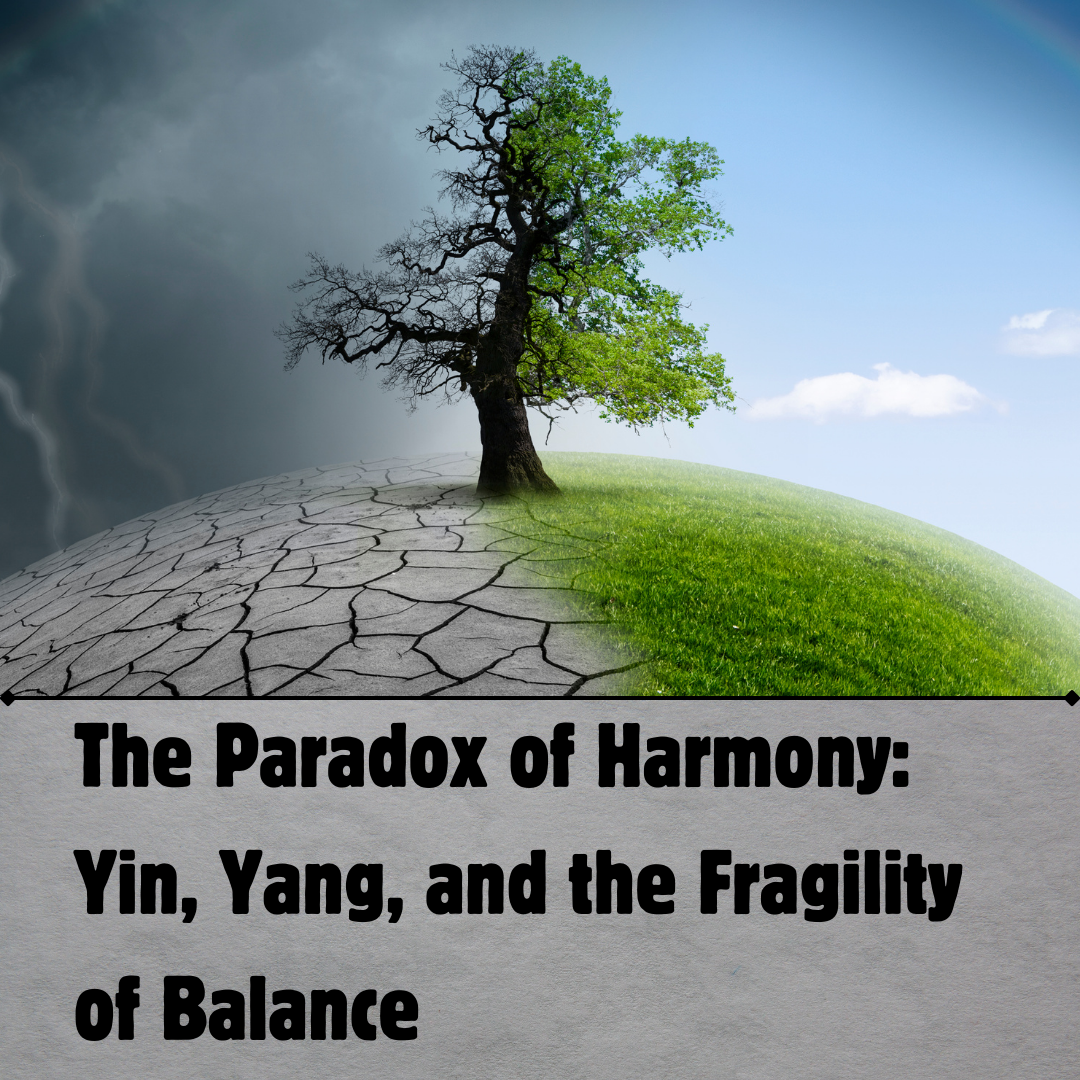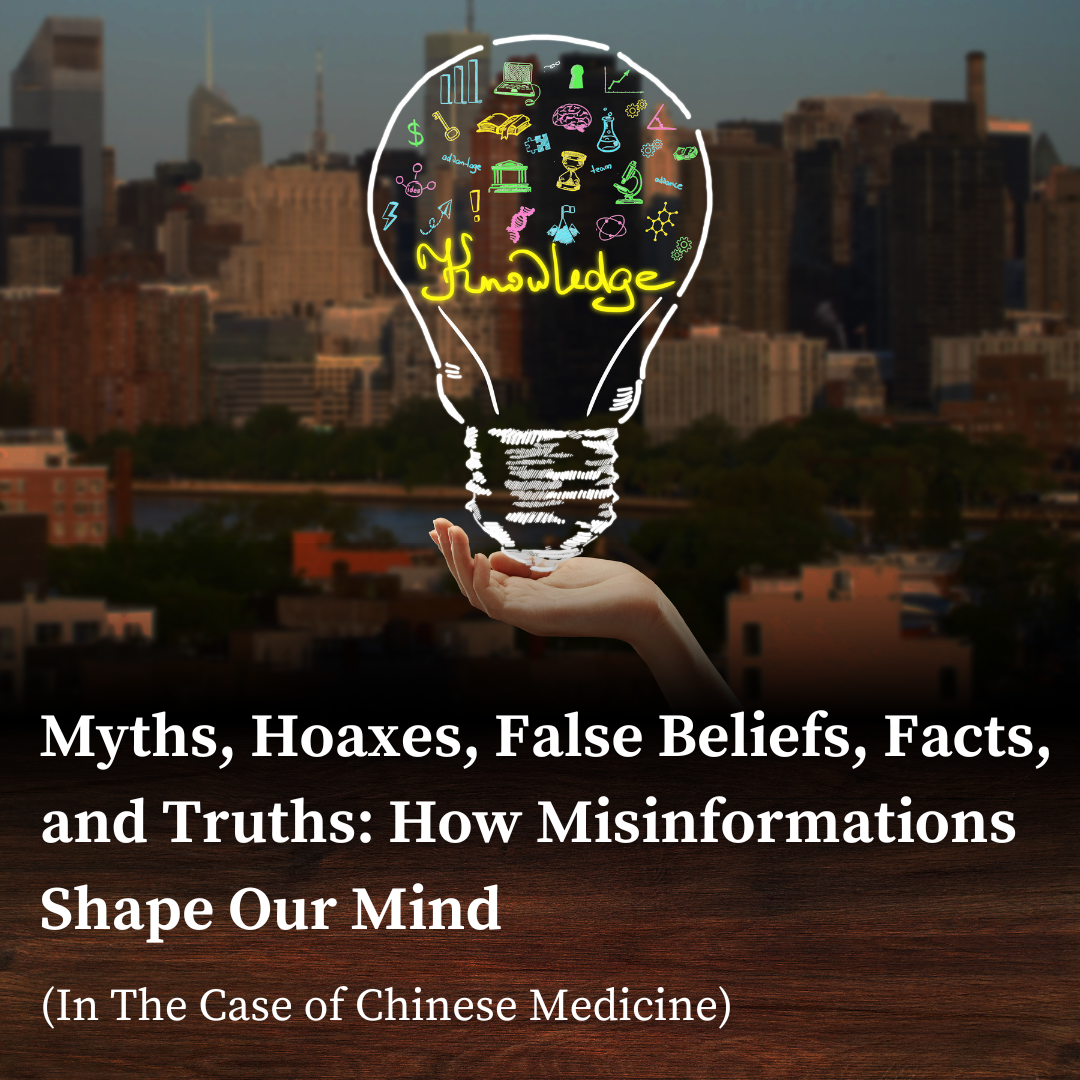Life today is unlike life in the past. On the surface, everything seems easier, yet paradoxically, everything also feels harder. Yes, it is true that life has become more convenient. Technological advancements assist us in countless ways. In the past, food was both expensive and difficult to obtain. Today, even rare ingredients are far more affordable and accessible. We now live in an era of artificial intelligence, with machines that not only match but in some domains even surpass human capabilities. And this is precisely where life becomes more difficult—especially when we speak of competition.
In earlier eras, only men were expected to work, so professional competition was limited to adult, productive males. Then came women’s emancipation, and competition intensified as women entered the workforce. As society liberalized further, even children and the elderly entered the economic sphere. The pinnacle of this competitive pressure emerged in recent years with the entry of AI into the arena. AI can now perform tasks ranging from blue-collar labor to white-collar analysis. Numerous theories, predictions, and debates—often polarizing—warn that AI may one day replace human labor altogether, leaving many unemployed.
But I will not debate here whether AI will fully replace humans or not—that is not the purpose of this article. If that topic interests you, feel free to mention it in the comments. I may address it in a future piece.
What I aim to explore here is this: Is it true, as the title suggests, that today’s work culture is increasingly demanding and severe—and more importantly, is such a work culture necessary for survival in our time?
The Rise of Tangping and the Rat People Phenomenon
A peculiar lifestyle trend has recently swept through Chinese society, particularly among Generation Z. It is referred to as the “Rat People” phenomenon (老鼠人, lǎoshǔ rén). This lifestyle is marked by highly limited daily routines: waking up late, consuming fast food, remaining sedentary in bed or in front of screens (browsing the internet, playing video games), and avoiding social interaction. Many of them rely on parental support or take on minimal freelance work. On the surface, they may seem unproductive or even parasitic. Some openly acknowledge this on social media, recounting how their mothers constantly scold them for adopting this lifestyle—though, in the end, the parents still ensure their children do not go hungry.
Before the rise of the Rat People, another cultural trend gained attention: “Tangping” (躺平), which literally means “lying flat.” Tangping is characterized by reduced ambition, modest achievement, and intentional periods of rest.
Compared to the Rat People, Tangping is far less extreme. Adherents of Tangping do not reject work altogether; rather, they consciously limit their labor, refuse excessive pressure, and decline the traditional pursuit of promotions or status. They might choose part-time or freelance work with lower demands, in exchange for greater personal time and a minimalist lifestyle. Their aim is not to “shine” in the eyes of others, but to meet only essential needs without debt or unnecessary materialism. They prioritize rest, solitude, and self-care—akin to the Western notion of “Me Time.” When a tourist destination trends on social media, Tangping individuals are unlikely to join the crowds if it doesn’t serve their personal wellbeing. One might say that Tangping is a lifestyle that rejects FOMO, materialism, and the rat race.
In contrast, the Rat People go a step further. While Tangping practitioners still engage in some form of work, Rat People abstain completely. While Tangping limits social obligations, Rat People avoid them entirely. Tangping individuals may still maintain personal hygiene and basic daily routines. Rat People, however, often neglect even that—avoiding showers simply because it requires movement. They remain in their rooms, deeply isolated. Some media portray the Rat People as a darker, more brutally honest version of Tangping.
Gloomier, but more honest.
At first glance, the Rat People inspire disapproval. Even Millennials—let alone older generations—struggle to understand Generation Z. Older cohorts were shaped by hardship, and they still cling to a work ethic that emphasizes grit and resilience. Baby Boomers and Generation X were raised with the belief that “life is hard, so we must work hard.” They lived in a world with fewer people and more traditional lifestyles. It’s no surprise they struggle to comprehend today’s youth.
But before we condemn the mindset of China’s Gen-Z, we must look more deeply into what lies beneath these trends.
The Work Ethic of the East
China is globally admired for its relentless work ethic—not only in the mainland but among the Chinese diaspora worldwide. Discipline, diligence, and endurance are hallmarks of Chinese culture. This ethic is equally strong in Korea and Japan, forming the cultural core of East Asian industriousness. Though there are varying degrees of intensity, the reverence for hard work remains.
My own family, steeped in Chinese culture, held to this creed: “We may not be brilliant, but we must be diligent.” “If you want success, be hardworking and resilient. Laziness guarantees failure.” In China, the 996 work culture—working 9 a.m. to 9 p.m., six days a week—is a manifestation of this mindset. Success is seen as the direct result of labor and perseverance.
But does hard work always lead to success and wealth?
Certainly, some succeed. Their stories are broadcast as models for others—in books, seminars, films.
Indeed, I myself have been inspired by the seriousness with which Chinese people approach both work and education. Even elementary students study with intensity. In Chinese schools, there is a system called zìxí—self-study. After formal classes end, students remain in the classroom to study independently, without any teacher supervision. A Chinese friend once explained to me that this method helped them concentrate, as dormitories are often overcrowded. Undergraduate dorms house 8 to 10 students per room, while postgraduate dorms are slightly less dense. Naturally, it’s difficult to focus when roommates are chatting or playing games. So, students gather in classrooms to continue their studies.
What struck me most was their discipline without supervision. Most people only perform when monitored—but these students held themselves accountable. Another friend said that being surrounded by focused peers fueled motivation. If one slacked off, embarrassment would set in. This sense of communal accountability is admirable. In fact, I’ve seen students pacing under garden lights late at night, reading aloud—possibly because they didn’t want to disturb others in the zìxí room.
Moved by this ethos, I too adopted it. Though raised with a similar work ethic, I still felt inferior. But I believed that for noble things, we must always strive to learn.
And I did work hard—very hard. But the results didn’t always align with the effort.
So, the question becomes: If hard work leads to emptiness, do we still continue?
Dreams That Conflict with Reality
We all harbor hopes—to be wealthy, to live well, to have a loving family, a successful partner, gifted children. To own luxurious things, to enjoy high status. These desires aren’t shameful—they’re human.
But today, the internet and social media have added complexity to our aspirations. Even before the digital age, our lives were often subject to display—by family, community, or institutions. Now, the tools to “show off” are instantaneous. A vacation, a fancy meal, a new car—shared in real-time with perfect lighting and filters.
These curated images shape our dreams.
“You know A just had twins—adorable ones!” “B just bought a house in that ultra-exclusive neighborhood!” “C got promoted and signed a deal with the elite board!” Photos, captions, and prestige—all reinforce our ideals.
And so, the path is declared: work hard, and you too will attain this life.
And yes, some succeed. Diligence often outperforms laziness.
I, too, was inspired. I once threw myself into a project, working relentlessly day and night. But the project failed—because of external circumstances, not my own fault.
Was I angry? No—I was depressed.
The experience crushed my spirit. It took me a long time to rebuild my confidence and worldview.
This mirrors what drives China’s Gen-Z to Tangping—or more extremely, to the Rat People lifestyle. They, too, once dreamed. They worked hard. They wanted to make their families proud. But their efforts brought not wealth, but exhaustion. Expenses mounted. Income stagnated. Many remained dependent on their parents.
One young person even remarked that despite witnessing their parents’ lifelong hard work, they still relied on their grandparents. This sparked deep doubt in the value of toil.
Tangping—and later, the Rat People—are, in a sense, protest movements against the perceived futility of modern hard work.
“We are exhausted by the polished, fast-paced, hyper-efficient lifestyle imposed on us. We just want the freedom to lie down whenever and wherever we choose,” one popular online comment summarized, as reported by the South China Morning Post.
There is even the tragic story of a master’s student who, while pregnant, pursued graduate studies with utmost dedication—only to suffer a miscarriage. Worse yet, the doctors informed her she could never conceive again.
Faced with such realities, one naturally begins to ask:
Is hard work truly useful, when reality so often fails to meet expectation?
Rethinking Work and Life
This problem—the dissonance between work and reward—is not unique to China or East Asia. It is a global phenomenon. Most societies still uphold the ideal of meritocracy: effort yields reward. Yet in practice, we see repeated betrayal of this principle.
We see people who inherit wealth without labor. And we see people who work tirelessly their entire lives without measurable progress.
Paradoxes abound. In the past, high academic credentials guaranteed status and salary. Today? Candidates with prestigious degrees are sometimes passed over, while those with lesser credentials are hired more readily.
So what does this all mean?
I’m not advocating against hard work. If hard work brings you the life you desire, then by all means, pursue it with dedication.
But if your efforts lead only to failure—or worse, to broken dreams—perhaps it’s time to reevaluate your methods. Don’t just work hard—work wisely.
And if the Rat People lifestyle feels too extreme, perhaps we should reconsider Tangping. Though it appears passive, its core philosophy intersects with ancient wisdom: Daoist Wu Wei, Confucian Zhong Yong (Doctrine of the Mean), and He (Harmony). I would not be surprised if Tangping were, in fact, inspired by these enduring traditions.
What do you think?
May each of us find a life that truly resonates with the quiet, unshakable voice within.
This article is written with the sole purpose of promoting positive dialogue and offering beneficial perspectives. It is not meant to criticize, malign, or disparage any individual, organization, or viewpoint.
References:
1. BBC News. (2021, June 15). The ‘lying flat’ movement: Why young Chinese are rejecting the rat race. https://www.bbc.com/news/world-asia-china-57467025
2. He, H. (2023, October 14). ‘Rat people’: China’s disenchanted youth embrace new self-identity in post-Covid gloom. South China Morning Post. https://www.scmp.com/economy/china-economy/article/3237894/rat-people-chinas-disenchanted-youth-embrace-new-self-identity-post-covid-gloom
3. Li, Y. (2021, June 3). China’s ‘lie flat’ movement is a rebellion against intense work culture. The New York Times. https://www.nytimes.com/2021/06/03/business/china-lying-flat-tangping.html
4. The Economist. (2021, June 17). Why young Chinese are ‘lying flat’. https://www.economist.com/china/2021/06/17/why-young-chinese-are-lying-flat
5. Wang, Z. (2023, October 17). From ‘lying flat’ to ‘rat people’: China’s disenchanted youth embracing new self-identity. The China Project. https://thechinaproject.com/2023/10/17/from-lying-flat-to-rat-people-chinas-disenchanted-youth-embracing-new-self-identity/







